By Joseph Young and Erica Chenoweth
As our readers know, we have devoted a great of attention to Syria for the past week or so. We polled our contributors and asked them two questions:
What should happen in Syria?
What will happen in Syria?
The first question asks the respondent to play God and the second to play Nostradamus. With sufficient humility, we offer the results of this non-scientific poll of social scientists.
In sum, a majority (60%) of our contributors think that the rebels will increasingly receive military support (weapons, intelligence, training) but NOT direct intervention. Joe Young suggests that:
“The US and international community cannot directly intervene because of objections by Russia/China. By default, the US, France and others will arm and work with the Syrian resistance until Assad is ousted.”
One brave soul (Will Moore) believes that direct intervention may occur but only by “France and/or Turkey” and only “with air support.”
Matt Kocher offers the somber assessment underlying the majority position over what is most likely to occur:
“Nobody with the capacity has the stomach for a full-scale intervention in 2012, but the situation is dire enough that many international actors will not be able to stay completely on the sideline. I foresee a long, slow muddling through and a protracted civil war.”
Oliver Kaplan agrees:
“As a relatively costless and scalable option for international actors, there will likely be increased arming and training of opposition forces. In fact, this is probably occurring already. This could help bring about the defeat of government forces, but could also lead to protraction of the conflict.”
Of course, in the real world what should happen and what will happen does not necessarily coincide. Interestingly, a plurality (48%) felt a diplomatic solution should occur. Page Fortna, an expert on peacekeeping, suggests:
“For [a diplomatic solution] to have any chance of occurring, the broker will have to be acceptable to both sides, and my guess is that of the 3 listed possible brokers a US/Russia mediated deal is most likely to be acceptable to both the government and the opposition.”
By contrast, Barbara Walter feels this is the worst possible outcome as
“(a) neither side has incentives to compromise at this point, and (b) even if they do have incentives to accept a compromise, it would be enforceable over time only with a significant commitment of outside peacekeepers – something no country will be willing to commit. Pursuing a diplomatic solution, therefore, is simply kicking the can down the road.”
Roland Paris offers a potential bridge between the divide between Fortna and Walter. He would like a regional solution and sees the most desirable outcome as a
“negotiated solution brokered by the Arab League, supported by a contact group that includes UN permanent members plus Turkey. To include political roadmap plus a peacekeeping force made up of Arab troops (perhaps a hybrid UN-Arab League mission).”
And Oliver Kaplan suggests that the international community should focus the most on using wedge strategies toward Assad’s Alawite supporters:
“Perhaps the Opposition Council or international actors can devise an explicit policy to protect Alawites, find a cross-cutting cleavage to exploit, and step up communication with civil society and political leaders to try to provide them reassurance (e.g., that they will benefit in any change in regime)….if such a move works, it could sap support from the government and eventually lead to its defeat.”
Erica Chenoweth also argues that the international community should focus less on arming various actors, and more on separating Assad from his main pillars of support:
“The international community should offer ‘golden parachutes‘ (e.g. money, protection, and immunity) to any regime insiders who wish to leave the country and stop supporting Assad.”
Will Moore was one of only two with the same answer for what should and will happen. Although he changes his answer on who should be the intervener, he argues that, “the UN should intervene with ground troops per chapter VII of the UN Charter.”
What do you think? What should happen? What will happen? We will continue to monitor and offer our opinions. Hopefully, this is not a topic we will revisit next year. If the majority opinion is accurate, however, it very well could be.

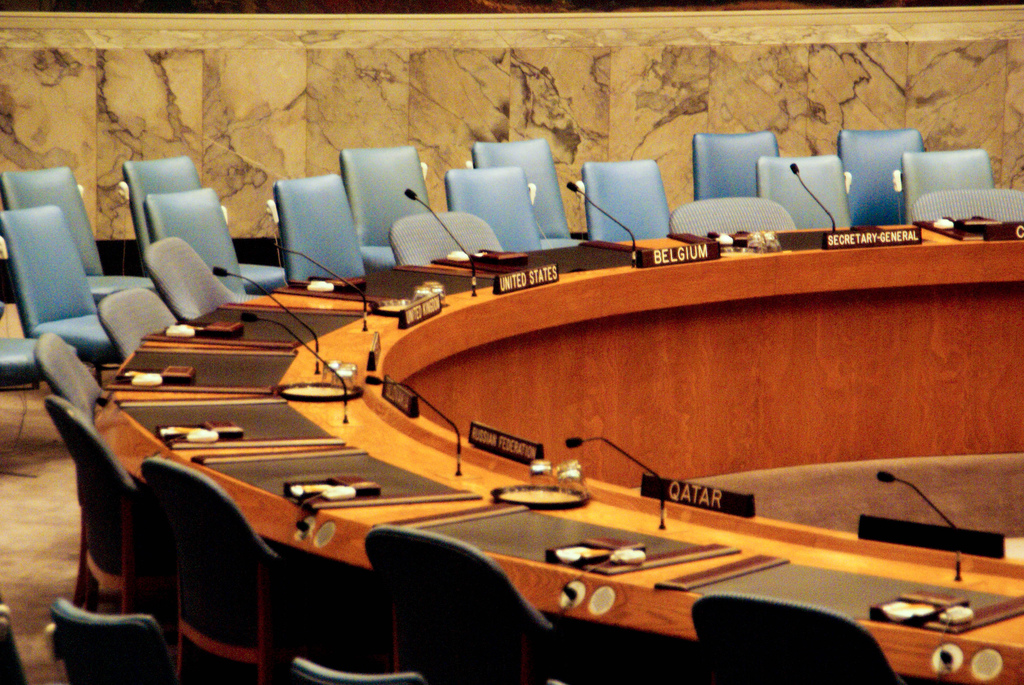
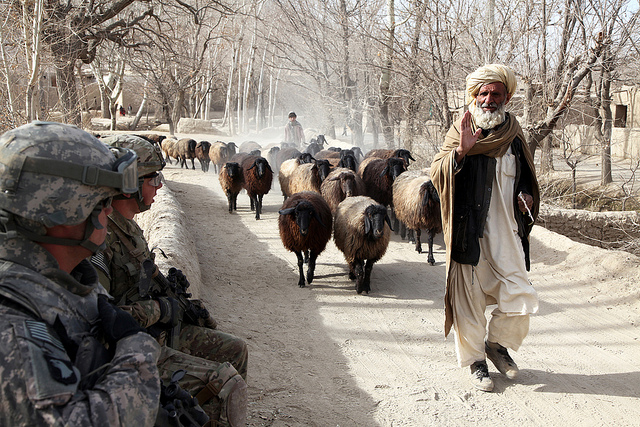
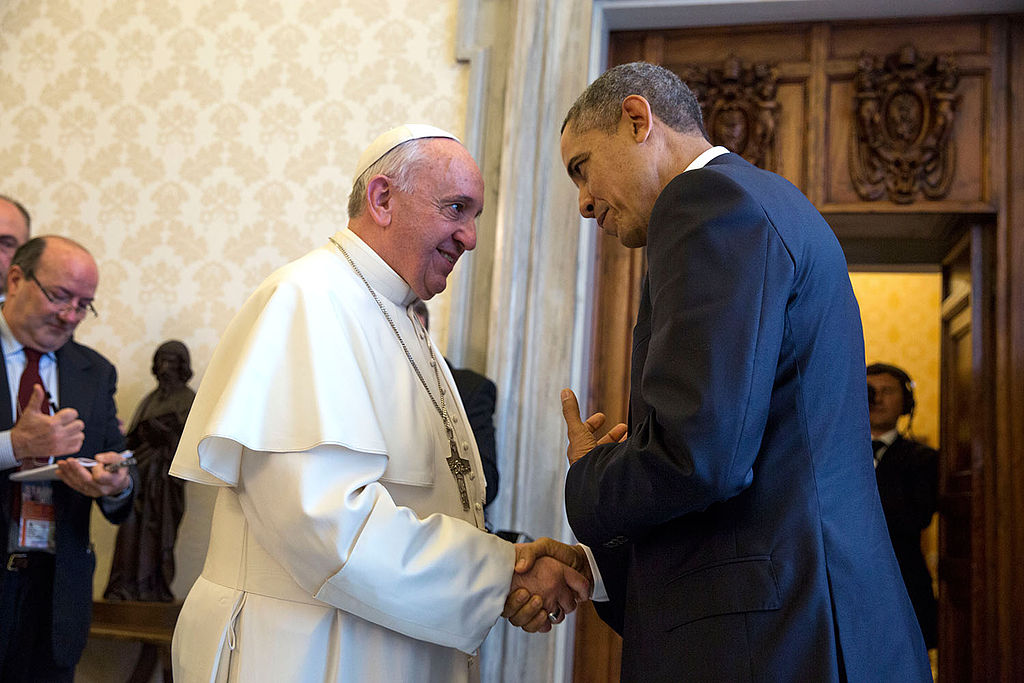
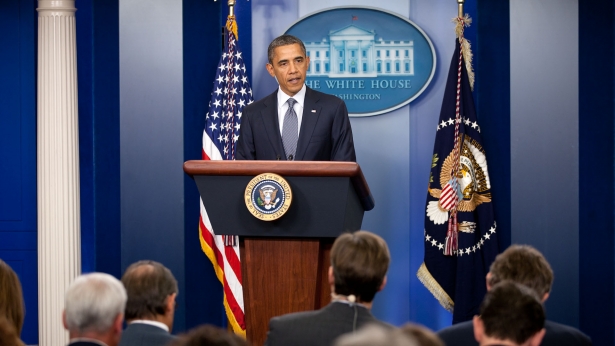
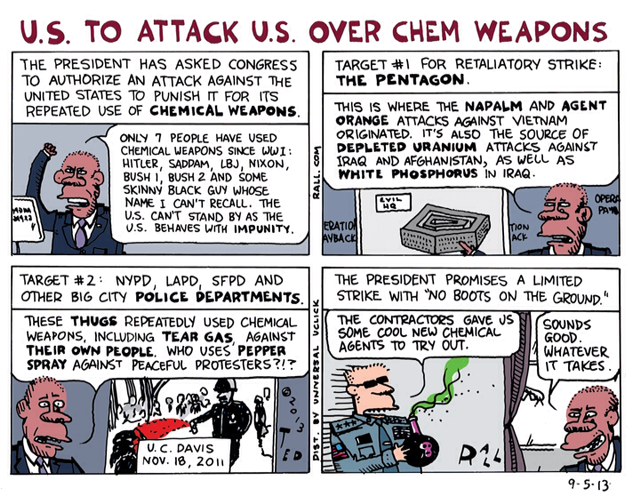
0 comments